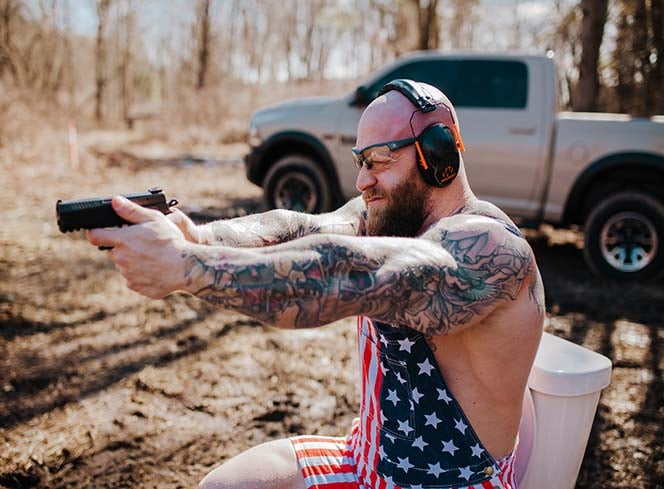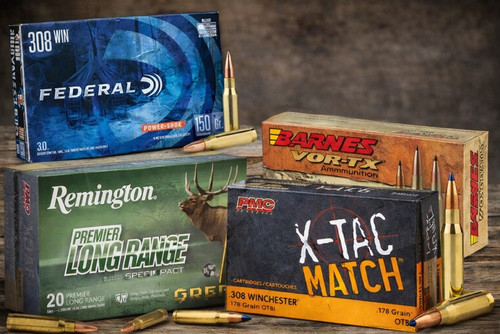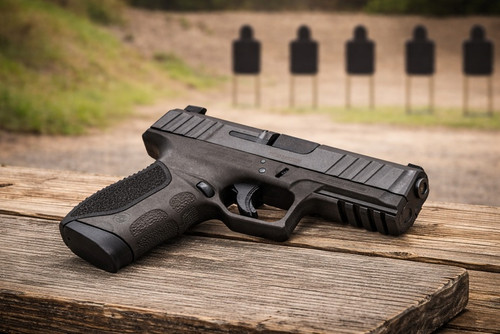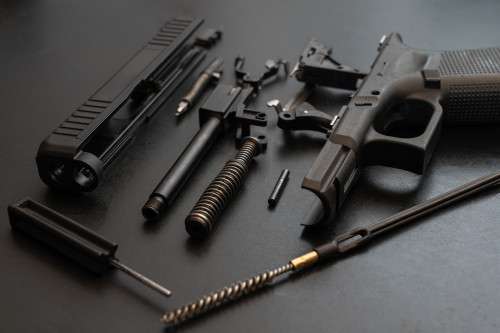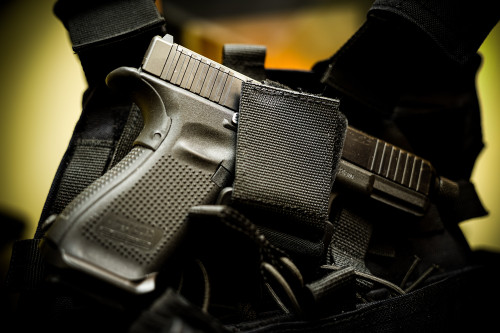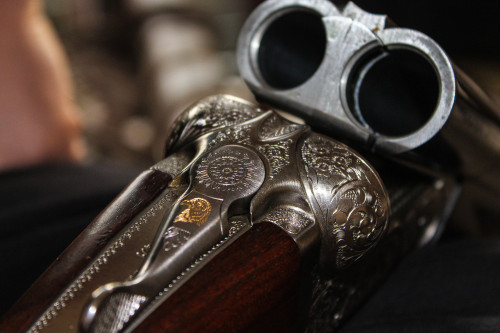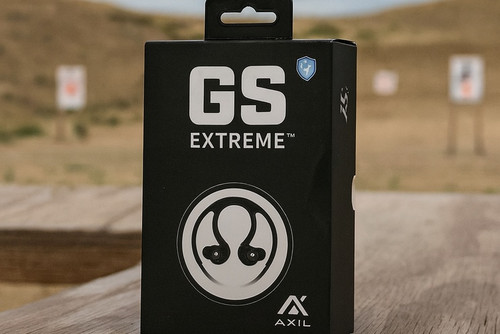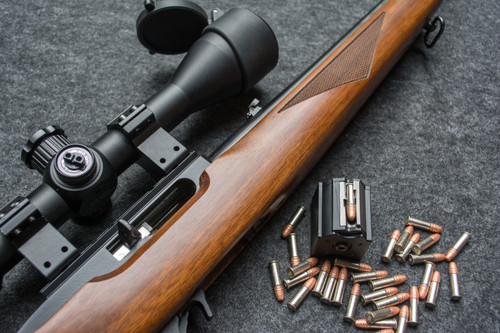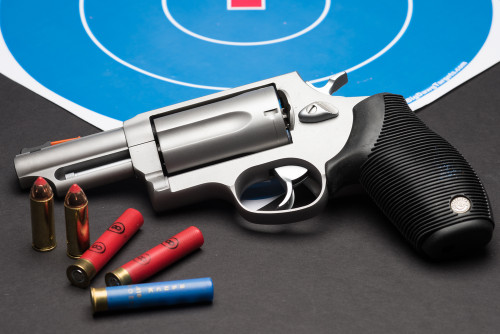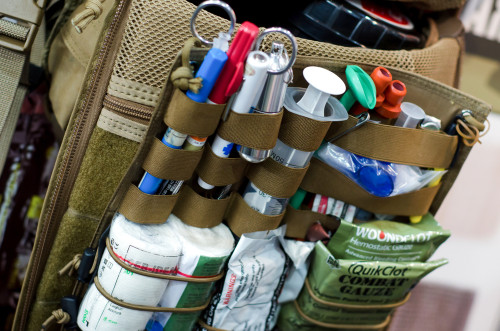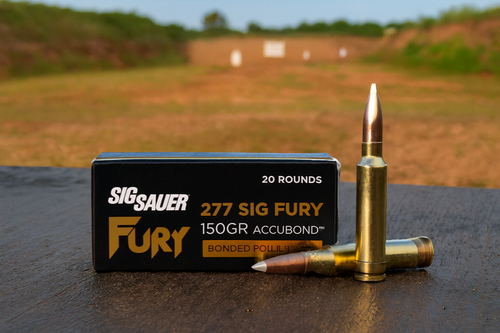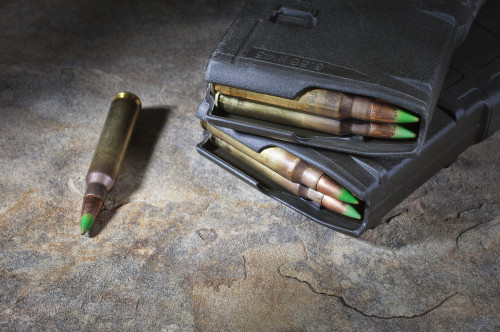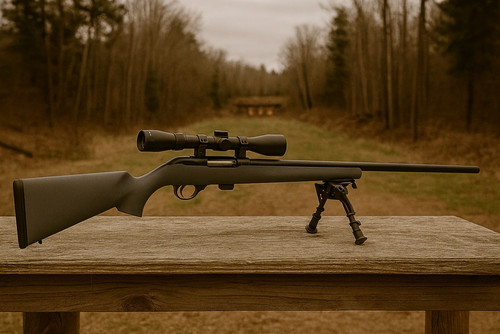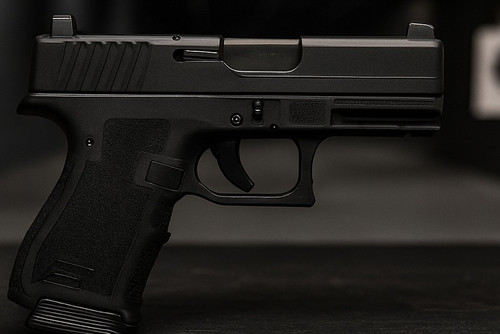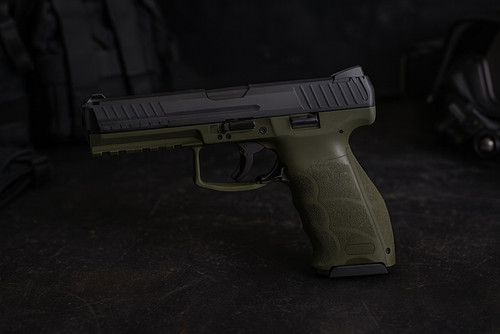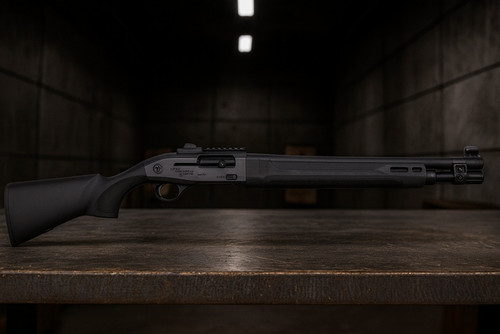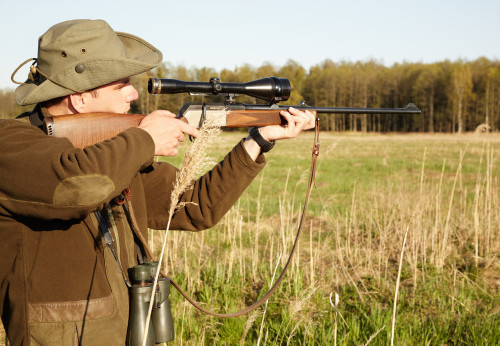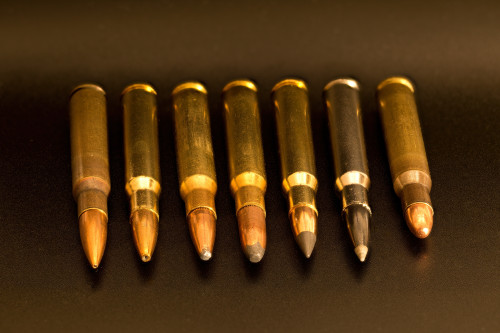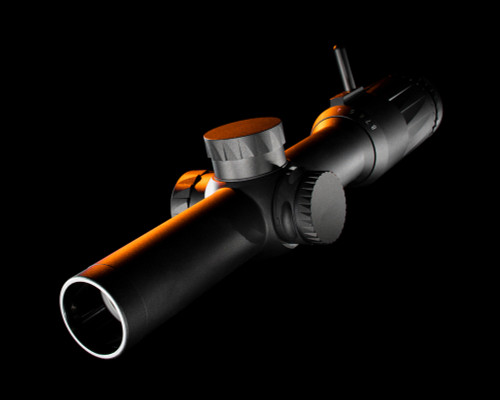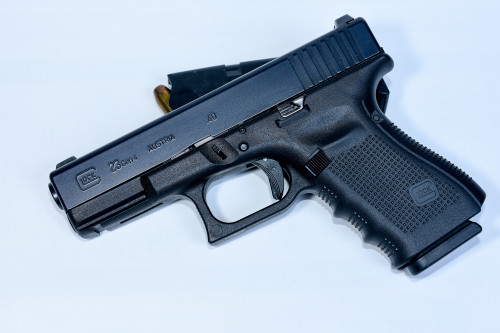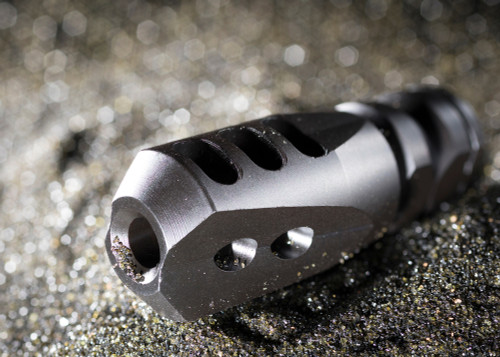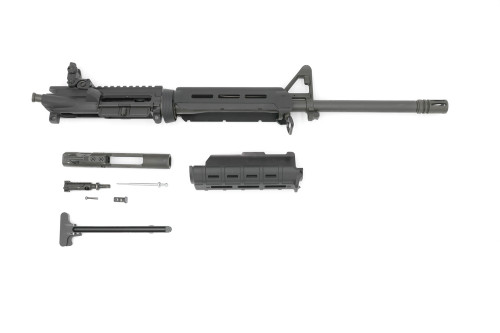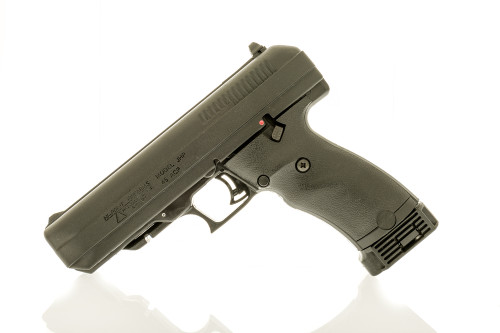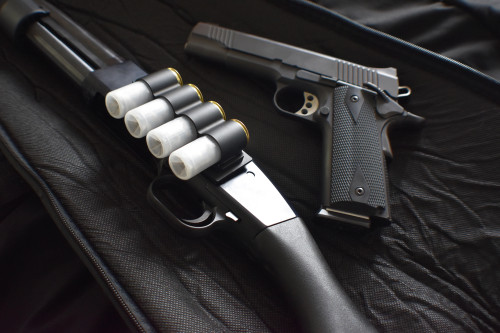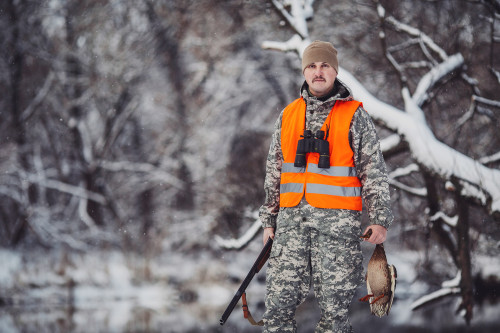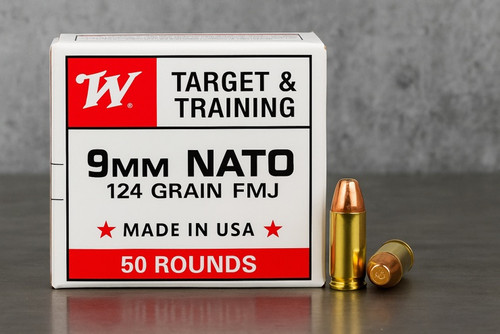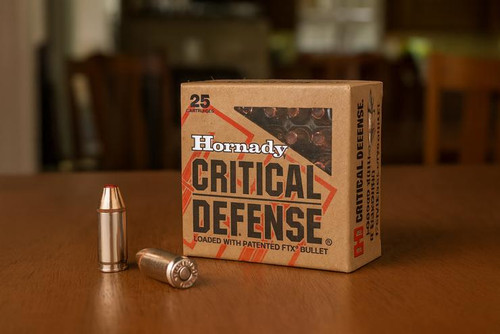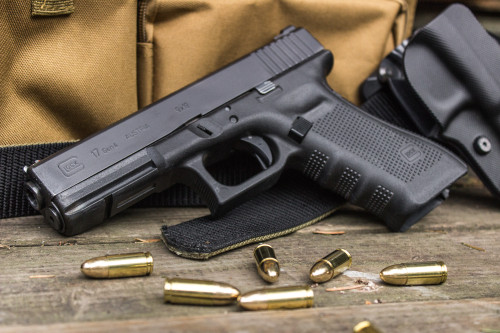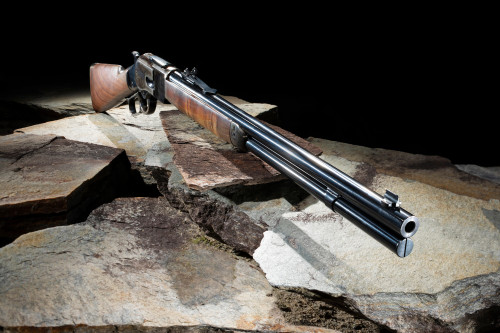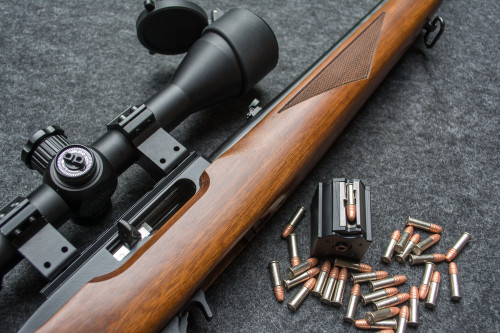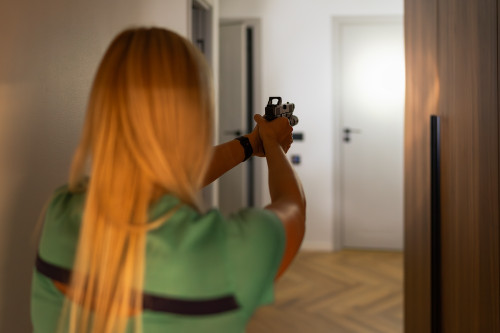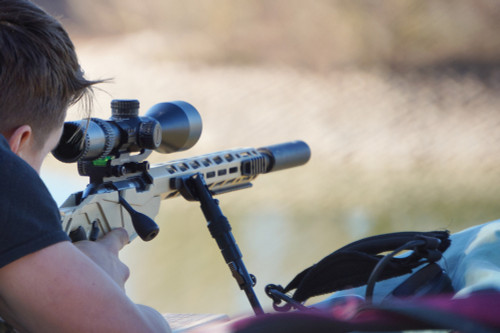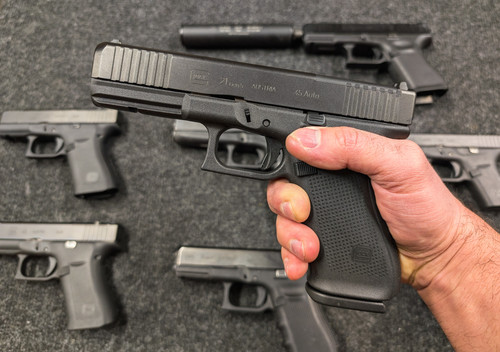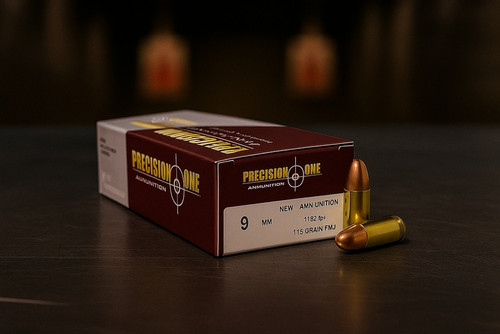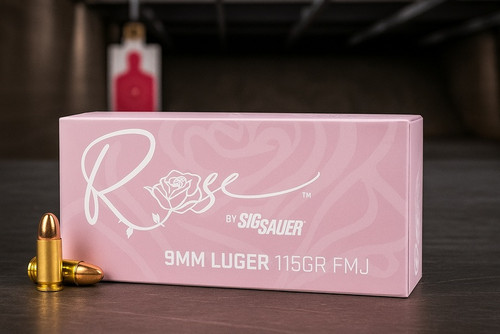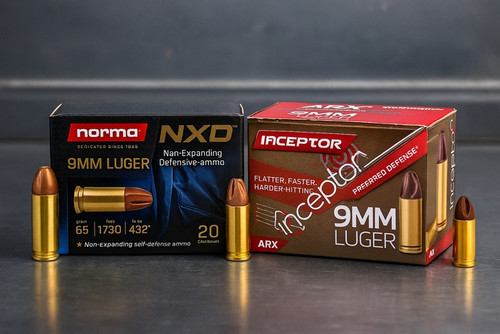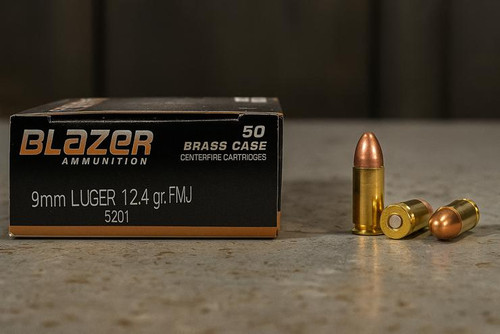Like New York and other nearby metropolitan areas, Rhode Island makes it as difficult as possible to legally carry a concealed weapon. However, it’s still possible to carry concealed with the right paperwork and a little patience — and worth doing if you want to be a responsible and effective defender in your community.
In this guide, we’ll cover everything you need to know about concealed carry in Rhode Island including reciprocity with other states, how to get a license, and specific rules regarding the purchase, carry, and use of a firearm in the “The Ocean State.”
Legal Disclaimer
This article doesn’t constitute legal advice. We’re communicating informally here to make this information easy to grasp without getting lost in legal mumbo jumbo. With that said, it’s the legal mumbo jumbo that may decide your fate in court.
We’ll be as accurate as we can, but for clarification, cross-check the information here with actual laws, which we’ve linked throughout the article. If you have additional questions or concerns, we recommend consulting with a local attorney experienced in self-defense law.
1. Quick Stats
- Number of other state permits honored in Rhode Island: 0
- Number of states that honor Rhode Island permits: 26
- Percentage of people licensed for concealed carry in Rhode Island: 0.2%
- Number of issued licenses in Rhode Island: 2,000
- Minimum age to carry a concealed firearm in Rhode Island: 21
- Rhode Island concealed carry license validity: 4 years
2. Rhode Island Concealed Carry Overview
This section provides an overview of concealed carry laws in Rhode Island.
License to Carry Concealed Weapons
Rhode Island is not a constitutional carry or permitless carry state. To legally carry a concealed firearm, you must qualify for and obtain a Rhode Island License to Carry Concealed Weapons (LCCW).
Rhode Island is a hybrid may-issue / shall-issue state, which means you can obtain an LCCW either from the local police (shall-issue) or from the state attorney general (may-issue). Both licenses are effectively the same, except only the attorney general can approve applicants for open carry, which is otherwise forbidden.
If you apply via local law enforcement, you do not need to demonstrate a particular need for a concealed firearm. If you apply through the attorney general, you will need to demonstrate a specific need — and will probably need to explain why you can’t just apply locally like everyone else.
To qualify, you must be 21 years old, live or own a business in the jurisdiction where you apply, and meet certain conditions regarding your criminal history. You will also need to demonstrate completion of a firearms training course that meets specific requirements set by the state, which includes a live-fire section.
Non-residents can also obtain an LCCW. For non-residents applying through local law enforcement, you must already possess a concealed carry permit in your home state. Non-residents applying through the attorney general don’t need a license in their home state, which is one reason why you might want to take that route.
The LCCW is not linked to your driver’s license, so law enforcement won’t be immediately notified of your LCCW status during a traffic stop. However, they do have access to the concealed carry registry, which only requires a name and birthdate to check your status. The concealed carry registry is not publicly accessible.
Detailed information about obtaining an LCCW can be found in section 7 of this article.
RI General Laws Title 11 Chapter 47-11
RI General Laws Title 11 Chapter 47-18(a)
Preemption
The Rhode Island government retains preemption rights over all firearm laws, which means that local governments cannot enact firearm laws that contradict state regulations. In other words, a random town cannot declare machine guns legal.
However, local governments can enact ordinances for purposes of public safety where statewide laws would be ineffective. For example, towns can decide where you can legally discharge firearms or establish rules that restrict firearms in certain locations. Furthermore, any private property (e.g. homes, hotels, churches, businesses, etc.) can prohibit firearms on the premises. So, keep an eye out for signs when you visit these places.
RI General Laws Title 11 Chapter 47-58
Red Flag Law
Rhode Island has a red flag law, also called an extreme risk protection order, which gives law enforcement the right to petition the court to legally disarm dangerous people for the expressed purpose of preventing imminent catastrophe.
Unlike several other states, Rhode Island extreme risk protection orders can only be initiated by law enforcement agencies, not by families or other concerned citizens. If you’re worried that someone you know is about to do something really stupid with a gun, you must contact law enforcement first before the red flag process can be initiated.
RI General Laws Title 8 Chapter 8.3-3
Other Weapons
The Rhode Island LCCW exclusively regulates firearms and doesn't apply to other concealed weapons.
However, non-lethal self-defense tools such as chemical sprays, mace, and similar substances are legal to possess for people over 18 — no license is required. But remember, these tools can only legally be used to protect yourself or others.
NOTE: Stun guns and tasers are illegal in Rhode Island.
RI General Laws Title 11 Chapter 47-42
RI General Laws Title 11 Chapter 47-57
Magazine Limits
Rhode Island prohibits the possession or sale of large-capacity magazines, which are defined as magazines that hold more than 10 rounds. However, nothing stops LCCW holders from carrying extra magazines.
RI General Laws Title 11 Chapter 47.1
Ammunition Restrictions
Armor-piercing ammunition is prohibited in Rhode Island.
RI General Laws Title 11 Chapter 47-20.1
3. Rhode Island Concealed Carry Reciprocity
Every state has different rules and licensing procedures for concealed carry. However, some states either fully or partially recognize the concealed carry permits of other states. Here is how Rhode Island fits into the national concealed carry picture:
State Permits Honored by Rhode Island
Rhode Island does not recognize concealed carry licenses from other states. To carry legally in Rhode Island, you must have an LCCW.
However, having a concealed carry permit from your home state is required to obtain a Rhode Island LCCW if you’re applying as a non-resident.
States Fully Honoring Rhode Island LCCW
The states below fully honor the Rhode Island LCCW, which means you can carry a concealed firearm in that state without seeking any additional approval. However, you must be aware of and follow the gun laws of whichever state you are in.
- Alabama
- Arkansas
- Idaho
- Indiana
- Minnesota
- Montana
- New Hampshire
- North Carolina
- North Dakota
- South Dakota
- Vermont
- Virginia
- Wisconsin
States Partially Honoring Rhode Island LCCW
The states below honor the Rhode Island LCCW, but with some restrictions that vary by state. Be sure to check the conditions of the state you’re traveling to.
- Alaska
- Arizona
- Florida
- Georgia
- Iowa
- Kansas
- Kentucky
- Maine
- Michigan
- Mississippi
- Missouri
- Nebraska
- Ohio
- Oklahoma
- Tennessee
- Texas
- Utah
- West Virginia
- Wyoming
States Not Honoring Rhode Island LCCW
The states below do not honor the Rhode Island LCCW. To carry a concealed firearm in these states, you either need to move there and get a license, or obtain a non-resident permit from that state.
- California
- Colorado
- Connecticut
- Delaware
- District of Columbia
- Hawaii
- Illinois
- Louisiana
- Maryland
- Massachusetts
- Nevada
- New Jersey
- New Mexico
- New York
- Oregon
- Pennsylvania
- South Carolina
- Washington
4. Rhode Island Rules for Buying a Gun
Here is an overview of the rules related to buying a gun in Rhode Island.
Purchase Permit
To buy a handgun in Rhode Island, you need to either already possess an LCCW or you must obtain a handgun safety certification, or “blue card,” issued by the Rhode Island Department of Environmental Management (RIDEM).
The blue card certifies that you have completed a two-hour basic handgun safety course and passed the 50-question test. Study booklets, testing, and certification are all free. The test can be administered at any RIDEM-approved firearms dealer or the RIDEM headquarters. More information on obtaining a blue card can be found on the official website.
Background Checks
In general, Rhode Island requires a background check for any handgun sale, including transfers between private individuals. The background check is completed by local or state law enforcement. More information about background checks can be found here. LCCW holders are exempt from this requirement.
Note that the LCCW exemption only pertains to the state-required background check. If you are buying from a federal firearms licensee (FFL) dealer, you still need to undergo the federal background check, per federal law.
Waiting Period
Rhode Island requires a mandatory 7-day waiting period between purchase and delivery for handgun transfers between two parties.
RI General Laws Title 11 Chapter 47-35
Registration
Rhode Island citizens are not required to register handguns. However, all handgun sales (even private transactions) require a completed purchase application form to be submitted to the RIDEM, which creates a de facto database of handgun ownership — for law-abiding citizens, anyway.
Minimum Age for Purchase
You must be at least 21 years old to purchase a handgun in Rhode Island, as you must be 21 to obtain an LCCW and/or a blue card.
RI General Laws Title 11 Chapter 47-35
5. Rhode Island Rules for Carrying a Gun
This is an overview of rules and laws related to carrying a firearm in Rhode Island.
Basic Guidelines
Carrying a concealed handgun requires an LCCW, which you must have at all times when carrying your gun. If you’re carrying your gun, you need to carry the card, too.
In this context, to “carry” a gun means having the gun on your person or readily accessible in something like a briefcase or backpack. This also includes having the gun accessible in your vehicle. If the gun is unloaded and locked in the trunk, you’re not “carrying” it, you’re just “possessing” or “transporting” it.
Carry Locations
While the LCCW broadly gives you the right to carry a concealed handgun, there are specific locations where concealed carry is still prohibited either by state law or local ordinance. Always check the rules in your area to be sure.
Locations where concealed carry is prohibited:
- State/national parks and forests
- Wildlife management areas
- Schools and associated facilities
- Secure areas of airports
- Private property with explicit prohibition (e.g., hotels, parking lots, churches, etc.)
Otherwise, you’re allowed to carry anywhere else, including bars and restaurants that serve alcohol and roadside rest areas.
RI General Laws Title 5 Chapter 14-4
Duty To Inform Police
You do not have a duty to inform the police that you’re carrying a concealed weapon or have a weapon in your car. However, if they ask if you’re carrying a gun, you can’t lie. You can decline to answer, but lying to the police is a crime.
As a general note on police interactions, we recommend being polite and cooperative. Police officers have a tough job, so be friendly and try to comply within reason. If you have a problem with cops, a traffic stop is the wrong time to deliberate the issue. You will lose.
RI General Laws Title 11 Chapter 47-27
Carrying in Vehicle
You must have an LCCW to carry a gun in your vehicle. However, you can transport a gun without an LCCW as long as the gun is unloaded and in the trunk, in a locked box, or otherwise inaccessible from the passenger compartment. The glove box doesn’t qualify.
RI General Laws Title 11 Chapter 47-8
Carrying While Intoxicated
You cannot carry a firearm while under the influence of drugs or alcohol. Not only is this illegal, it’s also irresponsible. The purpose of a gun is to keep you and the people around you safe, which you can’t do if you’re high or drunk. If you want to get wasted in public, leave your gun at home and outsource your safety and security to more serious people.
RI General Laws Title 11 Chapter 47-52
Minimum Age for Carry
You must be at least 21 years old to carry a gun.
People as young as 18 years old can transport a gun in a vehicle as long as it is unloaded, secure, and inaccessible from the passenger compartment.
RI General Laws Title 11 Chapter 47-33
6. Rhode Island Rules for Using a Gun
This is an overview of rules and laws related to using a firearm in Rhode Island.
Use of Deadly Force
Deadly force is a physical force that can reasonably be expected to cause death. If you kick someone and they die, it isn’t deadly force because it's unreasonable to assume they would die (you’re probably still in trouble, though). Conversely, if you shoot someone and they survive, you still used deadly force because death was the expected outcome.
In Rhode Island (and pretty much everywhere else), deadly force is reserved for situations where you or someone else is faced with an imminent threat of great bodily harm or death. If the attacker dies as a result, this is called justifiable homicide.
How do you know? The law uses the reasonable person test, which asks whether a theoretically reasonable person in the same situation would behave as you did. Remember, you’ll have to explain your actions to the police and possibly to a jury. They have to be able to agree that, “Yeah, if I was in that situation, I would have done the same thing.”
Even if you’re forced to make a split-second decision, you’ll be held accountable for that choice. The keys to legal and effective self-defense are skill development, scenario planning, and comprehensive knowledge of the law — and avoiding bad situations entirely.
Excessive Force
You can only use the amount of force necessary to stop the threat. This is where you could do everything right, but then pull that trigger one too many times and cross the line into criminal territory. The line between self-defense and murder is very narrow.
Training is the only antidote we have against the mind-bending stress and insanity of gun combat. The better trained you are, the more likely you will be to stop yourself when the threat is neutralized.
Duty To Retreat
In Rhode Island, you have a duty to retreat when faced with violence. While there is no specific law that spells this out, legal precedent in the state has made it clear that “duty to retreat” is the law of the land.
If a jury decides you could have retreated and you instead chose to stand and fight, you’re in trouble. No matter how unpalatable it might seem, you can only legally stand and fight if you (and your lawyer) can demonstrate that retreat was reasonably impossible.
Castle Doctrine
Rhode Island is a castle doctrine state, which means that the one place you don’t have a duty to retreat is in your home. Rhode Island law explicitly states that any injury sustained by a home invader (including death) will be assumed to be part of your lawful self-defense.
However, remember the reasonable person test. If you shoot an armed intruder in your living room, you’re probably in the clear. If you shoot an unarmed intruder in the back on your front lawn, you’ll probably have some explaining to do.
Castle doctrine doesn’t apply if the “intruder” has a legal right to be on the property. In other words, you can’t tell your roommate or significant other to get lost, and then start blasting away when they try to come back. The person must be committing a crime.
RI General Laws Title 11 Chapter 8-8
Brandishing
Rhode Island doesn’t have a specific law regarding brandishing, but it’s illegal to recklessly or violently threaten people, especially with a deadly weapon. It’s not difficult for a prosecutor to fit brandishing into this legal framework.
The bottom line is that guns are not tools for coercing or threatening people. The only legal reason to draw your gun in public is to defend yourself or others against imminent death or serious injury. That’s it. There are no other circumstances.
RI General Laws Title 11 Chapter 45-1
A Note on Using Your Gun
The use of deadly force is the central issue of concealed carry. Everything else we cover here could result in fines, misdemeanors, or maybe felonies in rare cases — not life-ending stakes.
Deadly force is an entirely different level of seriousness. What you do in a split second could be the difference between going home to see your family and spending the rest of your life in prison. It might seem cool to carry a gun, but never forget that pulling the trigger is serious business with the highest possible stakes. Prepare accordingly.
7. How To Get a Rhode Island LCCW
The following is a step-by-step guide for obtaining an LCCW in Rhode Island. Always check the official website for the latest requirements and up-to-date information.
The process is effectively the same for residents and non-residents.
Step 1: Determine Eligibility
First, determine if you’re eligible to obtain an LCCW. To be eligible, you must:
- Be at least 21 years old
- Have a residence or business in the town you are applying in, or
- Have a residence in the US and a concealed carry license in another state
- Not be prohibited from possessing a firearm in any state
Step 2: Complete Firearms Training
Firearms training must be completed under the guidance of an instructor certified by the National Rifle Association, the United States Revolver Association, or any other organization the attorney general deems fit to instruct.
Your training must certify you to handle the same caliber weapon (or higher) that you intend to carry. Along with safety and gun handling, your training must include a practical live-fire of 30 consecutive rounds at 25 yards.
When your training is complete, you will be issued a certificate, which you will need to include with your LCCW application.
Step 3: Apply for the LCCW
Download and complete the LCCW application. The form must be notarized. If you’re submitting your application to the attorney general, you need your application signed and stamped by the police chief or other city hall official in the town where you live.
In addition to your application form, you will need the following:
- Two passport-style photos
- Three notarized reference letters
- Three more references (in addition to the three above, so six total)
- Two notarized forms of identification
- Two copies of your passport or birth certificate
- Full set of FBI fingerprint cards
- Letter describing why you want an LCCW
- Copy of firearms training certificate
- Copy of instructor’s firearm certification
- Copy of home state concealed carry license (for non-residents)
Mail all of these documents to either your local law enforcement office or the state attorney general’s office. The fee for a license is $40, but don’t send any money with your application. You will pay the fee later when you pick up your license.
Step 4: Wait for Notification
After you submit your application, state officials have up to 90 days to process your LCCW request. You will be notified by mail if your application was approved or denied. If your request is approved, you will have to pick up your license in person and pay the fee.
The LCCW is valid for four years.
8. Rhode Island LCCW Management
Here’s how to manage your LCCW once it’s active:
Renewal
Renewal is entirely your responsibility. The state won’t send you any reminders letting you know your license is about to expire. However, as long as your LCCW expired less than three years prior, you can apply for renewal.
The renewal process is similar to the initial application described above, except you don’t need to submit fingerprints or reference letters (you still need three references, though). If your permit expired more than three years prior, you will have to complete the new license application process as described above.
Name & Address Change
If your name and address have changed since you were initially approved for a license, contact the office that issued your license, and they can guide you through the process.
Lost or Stolen Permit
If your license is lost or stolen, contact the office that issued your license. It’s important to do this as soon as you realize the permit is missing.
9. Rhode Island Weapons Laws FAQ
Here are some common questions regarding Rhode Island weapons laws and concealed carry:
Does an LCCW exempt you from a background check?
Yes and no. The LCCW exempts you from the state background check requirement, but if you’re buying from an FFL, you still need to undergo the federal background check.
Is there a waiting period for handgun sales?
Yes, there is a seven-day waiting period for all handgun sales.
Can I keep a loaded handgun in my car?
Yes, as long as you have an LCCW and are also present in the car. If you leave the gun in the vehicle, you should unload the weapon and store it in the trunk or a locked box out of view.
What’s the minimum age to carry a handgun?
21 years old.
Can I open carry?
Yes, but only if you have an LCCW issued by the attorney general. If your LCCW was issued by local police, you cannot open carry.
Can I legally carry a knife?
Yes, but the blade has to be less than three inches.
RI General Laws Title 11 Chapter 47-42
Can I carry a concealed handgun while hunting?
No. You’re only allowed to carry the specific weapon required for the kind of hunting you are doing (e.g., rifle, shotgun, bow, etc.).
RI General Laws Title 20 Chapter 15-5
Do I need a permit to buy a handgun?
Yes, you either need an LCCW or a “blue card” safety certificate issued by the RIDEM to complete a gun purchase.
Do I need to register my gun?
No, but all gun transfers are reported to the state, effectively registering the gun.
Pro Armory: Your Concealed Carry Equipment Supplier
As you can see, acquiring an LCCW in Rhode Island is no easy task. It requires a pile of notarized paperwork, and even then, they still might reject you. Nevertheless, if you’re a responsible gun owner living in Rhode Island, it’s worth the effort to jump through all the hoops, get all the signatures, and obtain an LCCW — you and your community will be safer for your efforts.
At Pro Armory, we believe concealed carry is your right — but only if you do so as a thoughtful, responsible citizen. Stay prepared with the best tools to help you exercise your right to bear arms and defend yourself. We offer ammo for handguns, rifles, and shotguns — plus a variety of tactical accessories to load out your firearm for any situation.
Want to become a better shooter? Pro Armory also offers online firearms training to enhance your proficiency with your concealed carry weapon. Learn shooting tips, tactical maneuvers, and concealed carry best practices from veterans and other shooting experts — all from your own home. Sign up for our newsletter to be notified when training officially launches.




